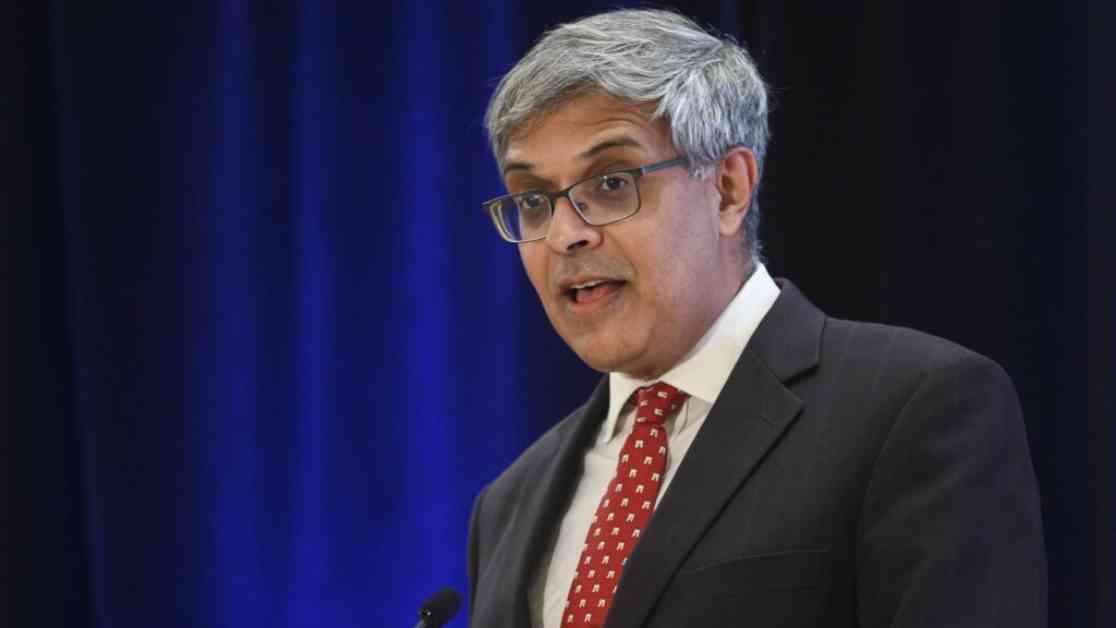President-elect Trump has made his selection for the role of leading the National Institutes of Health known, with Stanford University professor Jay Bhattacharya being chosen for the position, as announced by his transition team on Tuesday. If Bhattacharya is confirmed by the Senate, he will be responsible for carrying out the ambitious goals set by the incoming Trump administration to overhaul the agency. In the past, support for the NIH used to be a rare point of agreement between Democrats and Republicans, leading to consistent budget increases for the agency. However, a new confrontational era has emerged.
Robert F. Kennedy Jr., Trump’s nominee for Health and Human Services secretary, has indicated his intention to replace a significant number of NIH employees on the first day of Trump’s presidency. RFK Jr. has also expressed a desire to shift the agency’s focus from infectious diseases to chronic diseases. Bhattacharya, if appointed, would be the final major health position filled in Trump’s second term, following the appointments of Mehmet Oz, Martin Makary, David Weldon, and Janette Nesheiwat to other key health-related roles.
With a career predominantly spent at Stanford University, Bhattacharya currently serves as a health policy professor, having obtained multiple degrees from the institution. The NIH, a substantial $48 billion agency, primarily allocates its resources towards funding a multitude of research grants. However, some of Bhattacharya’s own research has sparked controversy within the medical community.
In 2020, Bhattacharya authored a study on the seroprevalence of Covid-19, which revealed that a significant number of individuals who had contracted the virus did not exhibit symptoms, and the mortality rates were lower than initially projected. This study generated debate among scientists. Bhattacharya’s involvement in the Great Barrington Declaration, which opposed widespread lockdowns and advocated for achieving herd immunity without a vaccine, further raised his profile.
In addition to his Covid-19 research, Bhattacharya has filed a patent for a flexible spending account calculator and has published studies on health economics, including topics such as HIV care costs, insurance markets, and the impact of technology on healthcare expenses. Despite completing his medical degree in 1997, Bhattacharya did not pursue a residency and instead embarked on an academic career, eventually joining Stanford as a professor.
Furthermore, Bhattacharya was involved in a lawsuit that reached the Supreme Court, challenging the alleged censorship of Covid-19-related views on social media platforms by the federal government. The Court ruled in favor of the platforms, citing a lack of evidence linking government policies to the platforms’ content moderation decisions. In 2022, Bhattacharya met with Elon Musk regarding his exclusion from Twitter due to his Covid-19 lockdown-related posts.
As speculation arose about Bhattacharya’s potential appointment as the NIH director, he expressed his commitment to contribute towards reforming American scientific and public health institutions post-Covid era. Republican lawmakers, including Sen. Bill Cassidy, have called for changes within the agency and criticized its involvement in “gain-of-function” research. These developments indicate a significant shift in the approach towards health policy under the new administration.


















